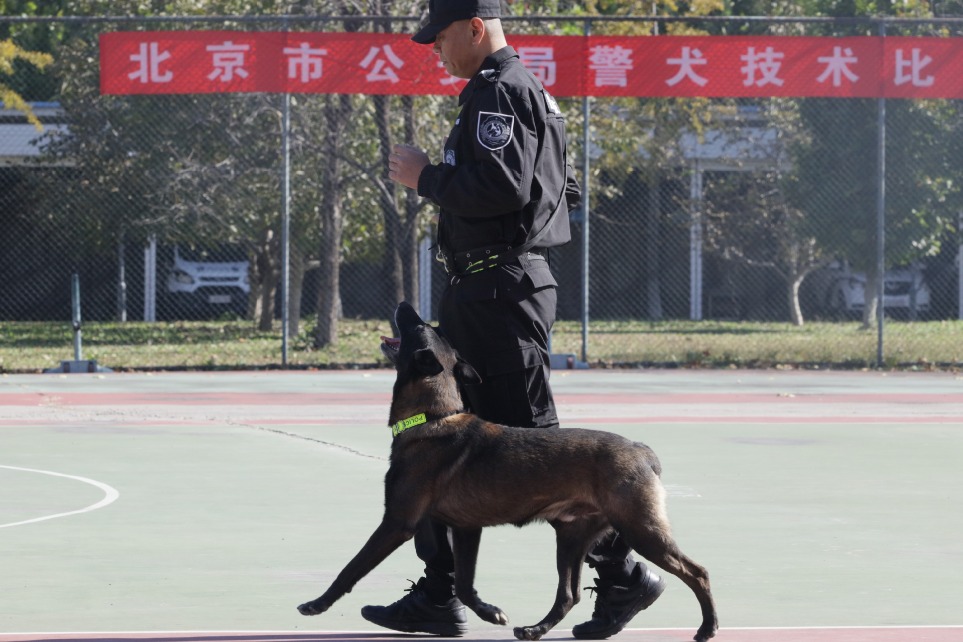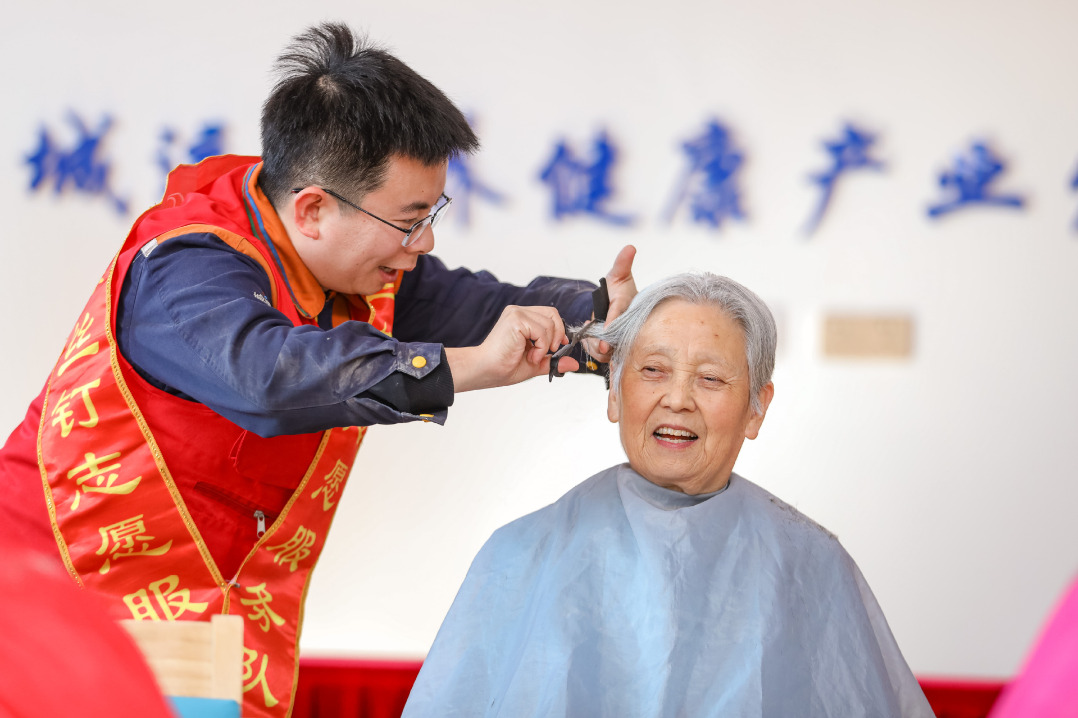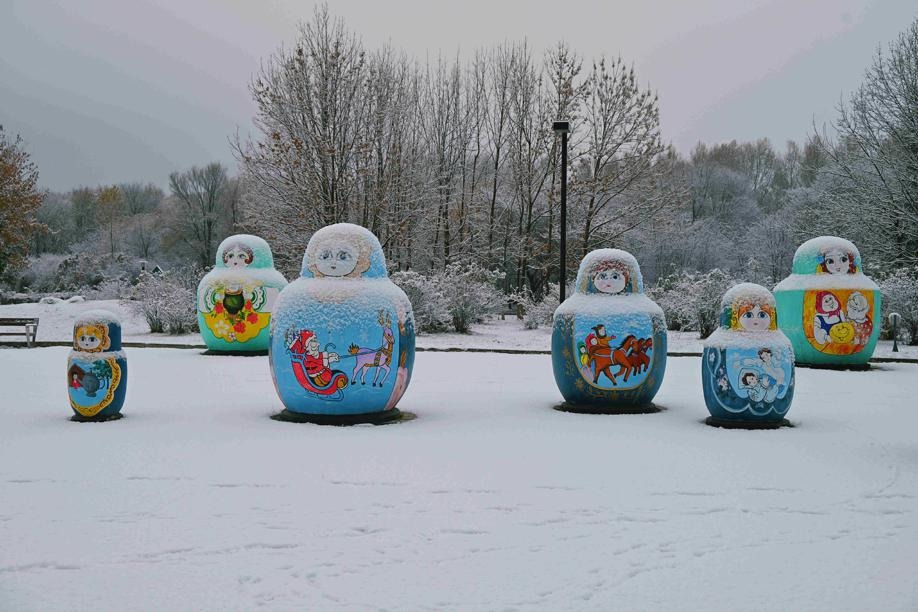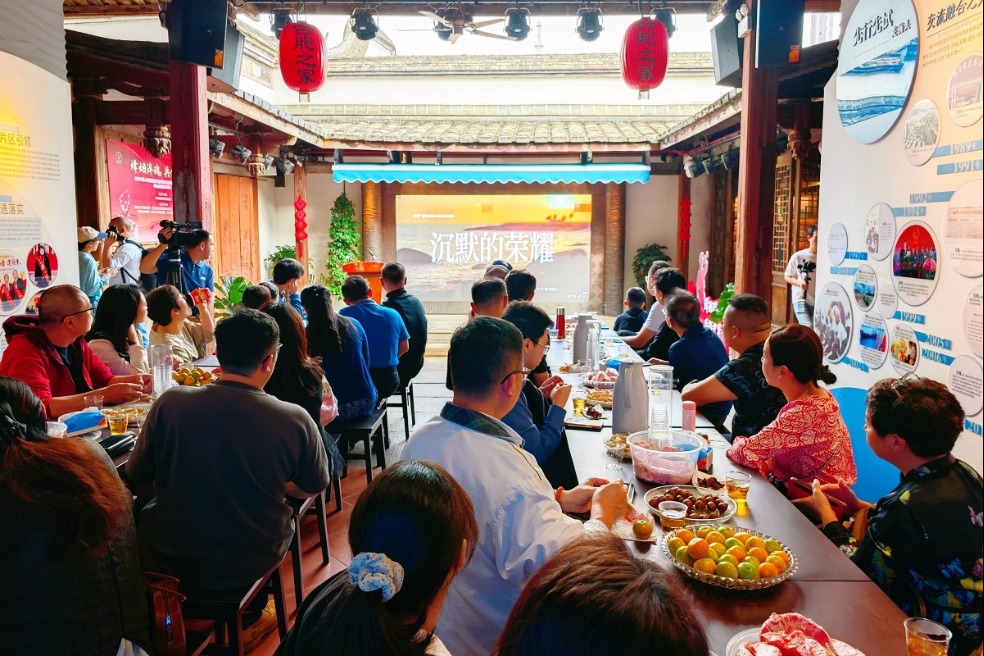TCM prompts more visits from the neighbors


Advantages
Zhang Li is director of the healthcare center at the First Affiliated Hospital of Xinjiang Medical University in Urumqi, which is responsible for the reception of foreign patients.
She said the region's medical institutions have long been good choices for patients from neighboring countries because they are close to their homes and provide effective, relatively inexpensive healthcare.
"Language and culture are further attractions," she said. "Some of our doctors are members of the Kazakh ethnic group and are able to communicate directly with patients from Kazakhstan, our biggest source of international patients."
Patients from other nearby countries also find it easy to locate interpreters in Xinjiang, she added.
"Also, Xinjiang's culture shares quite a lot of similarities with those in countries around Central Asia, which means patients and their families become accustomed to life here faster than if they seek treatment in other places," she said.
Muhammad Shmin, a Tajikistan native whose kidney failure was cured by a transplant at the First Affiliated Hospital, said one of the factors that prompted him to seek treatment in Xinjiang was the state-of-the-art equipment and the doctors' skills.
The customs officer, who lives in a small city near Dushanbe, Tajikistan's capital, was diagnosed with uremia - urea in the bloodstream - about a decade ago.
Neither the hospitals in his hometown or in Dushanbe were advanced enough to offer a kidney transplant or dialysis, an essential procedure for patients with malfunctioning kidneys. In response, he turned to medical institutions in Xinjiang, which offered both treatments.
He said consulting doctors in Xinjiang is convenient and eases his feelings of homesickness.
"The region is close to my home country," the 50-year-old said. "The food here is similar to what I eat at home and the cost is reasonable and acceptable, so it doesn't add to my financial burden."
Wang Xiaomin, the doctor in charge of the reception and triage of overseas patients at the People's Hospital of Xinjiang Uygur autonomous region, said non-Chinese receive the same high-quality medical services as local residents and at the same cost, which means treatment is easily affordable.
"Some hospitals like ours have even set up 'green channels' for these patients, making the process for them to consult doctors more simple, efficient and pleasant," she said.
- Beijing sees surge in online investment fraud cases
- Cyberspace regulator kicks off drive to tackle 'abusive tipping practices'
- China revises Cybersecurity Law to bolster AI development
- Ex-Bank of Communications VP Investigated
- Expo highlights potatoes' vital role in food security and farmers' income
- Rail freight rises amid steady economy





































